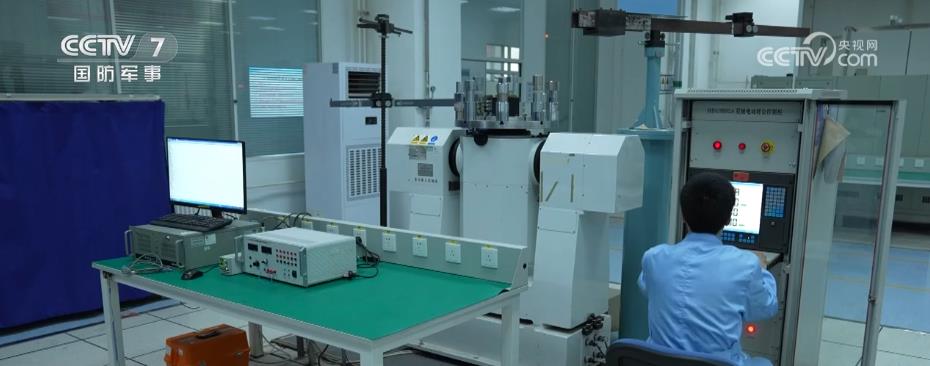Nine departments introduced measures to reduce the burden: primary school students sleep at least 10 hours a day.
Yesterday, the Ministry of Education and other nine departments jointly issued "Measures to Reduce the Burden of Primary and Secondary School Students", with a total of 30 articles. This "burden reduction order" clearly stated for the first time that students should not bring their mobile phones into the classroom, and there are clear "scales" for the total amount of written homework, students’ sleep time and the number of exams. For example, primary school students do not leave written homework in grades one and two, homework in grades three to six does not exceed one hour, and primary school students sleep for at least 10 hours every day.
Put an end to "non-zero starting point" teaching
Strictly control the number of exams
The "30-article burden reduction" clearly requires that primary and secondary schools should strictly implement the national curriculum plan and curriculum standards, start all the prescribed courses, and must not arbitrarily increase the teaching difficulty and speed up the teaching progress, and put an end to the "non-zero starting point" teaching. In the compulsory education stage, it is strictly forbidden for schools to set up key classes, fast and slow classes and experimental classes in any name, standardize the implementation of random and balanced classes for students, and allocate teachers in a reasonable and balanced way.
Schools should resolutely control the number of examinations. The school can organize a unified examination every semester in the first and second grades of primary school, and no more than two unified examinations every semester in other grades. It is not allowed to organize a unified examination that is selective or linked to further studies in primary schools. The examination content is determined strictly according to the curriculum standards and basic teaching requirements, and there are no eccentric questions. Grade evaluation of test scores is implemented, and it is strictly forbidden to publish students’ test scores and rankings in any form or manner.
All localities should further promote the full coverage of compulsory education schools to enroll in the nearest school without examination, and it is strictly forbidden to organize examinations and select students in various names, and it is strictly forbidden to use the training results of training institutions as the basis for enrollment.
No written homework in grades one and two.
Parents are not allowed to evaluate and correct homework on their behalf.
In the past, the workload requirements were also specified, such as "no more than half an hour", but some schools implemented this requirement as "single subject", that is, the workload of each subject did not exceed half an hour, so that the total workload of all subjects far exceeded the regulations.
The "30 articles of burden reduction" clearly controls the "total amount of written work". There is no written homework in grade one or two in primary school, no more than 60 minutes in grade three to grade six, no more than 90 minutes in junior high school, and the homework time in senior high school should be arranged reasonably. The difficulty level of homework should not exceed the requirements of the curriculum standard, teachers should not assign repetitive and punitive homework, and parents should not assign homework or ask parents to evaluate and correct homework on their behalf.
According to the new regulations, off-campus training institutions are strictly forbidden to train beyond the class, and it is strictly forbidden to link the training results with the enrollment of primary and secondary schools, and it is strictly forbidden to organize and hold subject-level examinations, competitions and rankings for primary and secondary school students.
Schools around the country can establish a flexible school leaving system, provide students with a variety of after-school services, arrange students to participate in various interest groups or music, sports and art activities, and it is strictly forbidden to turn after-school services into collective teaching or collective remedial classes.
Put an end to the problem of off-topic in the college entrance examination
Teaching and enrollment will be linked to "burden reduction". The new regulations require that all localities fully implement the enrollment mode of high school based on the scores of junior high school level examinations and comprehensive quality evaluation, rationally allocate high-quality high school enrollment places to ordinary junior high schools and improve the implementation rules. The enrollment of private primary and secondary schools is incorporated into the unified management of school approval, and enrollment is synchronized with public primary and secondary schools.
The grading examination of academic level and the proposition of college entrance examination in ordinary high schools should be based on the curriculum standards of ordinary high schools and the requirements of talent selection in colleges and universities. All localities should innovate the form of test questions, increase comprehensive, open, applied and exploratory test questions, strengthen situational design, and put an end to eccentric questions.
High school students sleep more than 8 hours a day.
The "burden reduction order" also has clear requirements for students’ sleep time. Families should ensure that primary school students sleep no less than 10 hours a day, junior high school students not less than 9 hours, and senior high school students not less than 8 hours.
Liu Xiuying, director of the Family Education Research Institute of China Youth Research Center, said that sleep is the most comprehensive and effective rest, and adequate sleep can improve children’s brain power.
For the first time, it is clear that mobile phones are forbidden in class
The "burden reduction order" proposes that students should be standardized in using electronic products, and it is forbidden for students to bring mobile phones into the classroom. This is the first time that relevant policies have made it clear that "mobile phones are not allowed in the classroom".
Nine ministries and commissions also advise families to fulfill their educational guardianship responsibilities, guide children to use electronic products reasonably, go to healthy websites, not indulge in online games, and do not use mobile phones to screen. Don’t let children watch TV for a long time, ensure that primary school students sleep every day, work and rest on time, don’t stay up late, eat less snacks, don’t be picky about food, and don’t compare with others.
Our reporter Ren Min.




















